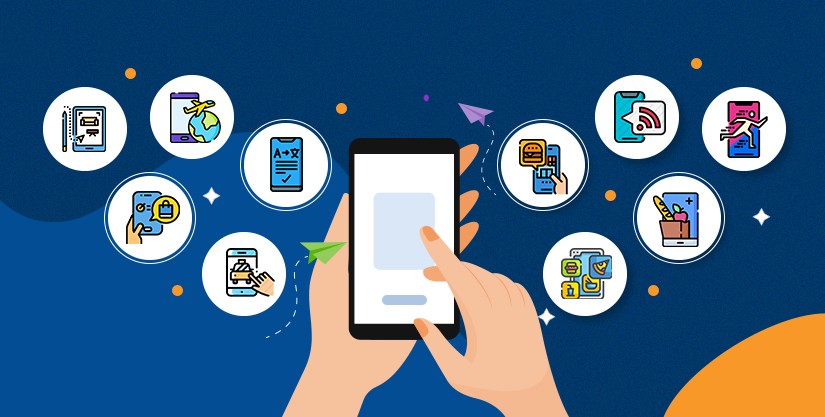Managing data effectively is essential for delivering a positive user experience. Users expect applications to be fast and responsive, and the performance of an application is heavily dependent on how well the data is managed.
Poorly managed data can result in slow load times, unresponsive user interfaces, and errors that frustrate users. On the other hand, well-managed data can lead to faster load times, more efficient data processing, and a smoother overall user experience.
To manage data effectively, it’s important to choose the right database for your application and to design your data schema in a way that optimizes performance. This may involve denormalizing data, using indexes to speed up queries, and caching frequently accessed data.
In addition to database design, it’s also important to consider how data is retrieved and processed within your application. This may involve using asynchronous data loading to prevent blocking the UI thread, implementing pagination to limit the amount of data retrieved at once, and using caching to reduce network requests and improve performance.
A database is a structured collection of data that is organized and stored in a way that allows it to be easily accessed, managed, and updated. It is a fundamental component of modern software systems and is used to store a wide variety of data, including customer information, product catalogs, financial data, and much more.
Databases can be classified into different types, including relational databases, NoSQL databases, and graph databases, among others. Each type of database is designed to store and manage data in a specific way, depending on the needs of the application.
When selecting a database for your IT project involving creating a mobile application or software, there are several important factors to consider. Here are some key considerations to keep in mind:
• Scalability: As you mentioned, your current database is inadequate to support millions of users and regular updates. Therefore, it’s important to choose a database that is highly scalable and can grow with your user base. Look for a database that can handle high volumes of data and traffic without compromising performa
• Performance: In addition to scalability, performance is another crucial factor to consider when choosing a database. Your mobile application or software must be able to process data quickly and efficiently to provide a good user experience. Look for a database that is optimized for fast read and write speeds, and that can handle complex queries and data processing tasks.
• Security: Mobile applications and software often store sensitive user data, so it’s important to choose a database that is secure and can protect that data from unauthorized access. Look for a database that supports strong encryption, authentication, and access control mechanisms.
• Cost: Cost is always an important consideration when selecting a database. Depending on your budget, you may need to choose between open-source databases or commercial databases that offer more features and support. Consider the costs of licensing, support, and maintenance when making your decision.
• Development tools: Look for a database that offers robust development tools and a wide range of integrations. This will make it easier for your development team to build and maintain your mobile application or software, and to integrate it with other tools and systems.
• Vendor support: Finally, consider the level of vendor support offered by the database provider. You’ll want to choose a provider that offers responsive technical support, regular updates and patches, and a strong community of users and developers.




